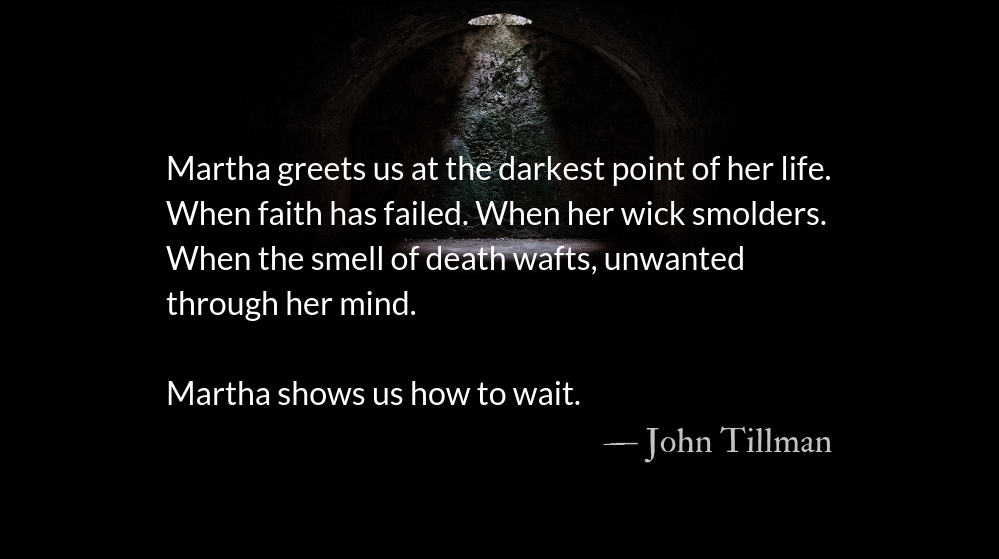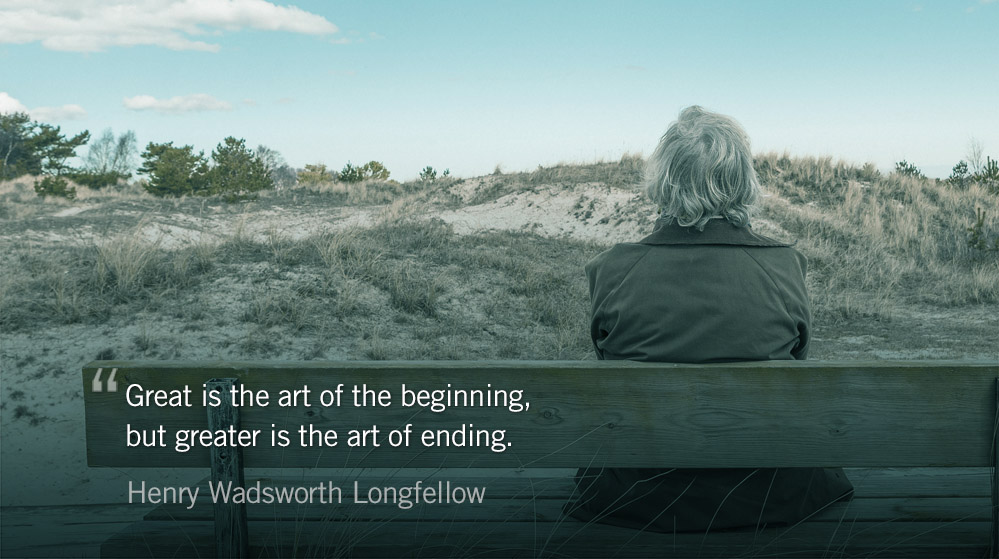Scripture Focus: 1 Samuel 26:23-24
23 The Lord rewards everyone for their righteousness and faithfulness. The Lord delivered you into my hands today, but I would not lay a hand on the Lord’s anointed. 24 As surely as I valued your life today, so may the Lord value my life and deliver me from all trouble.”
Reflection: Trust in God Rather than Revenge
By Erin Newton
Christians on social media have been increasingly vocal about leaders and the inconsistency between words and actions. Offenses are brought to light, perhaps going viral, and arguments ensue. Some leaders take to the internet to utter quick, empty apologies or lengthy rebuttals defending their cause. In the wake of the ebb and flow of quips and retorts, trust is forfeited.
David was acutely aware of the damage and ever-lingering effects from broken trust. From friend to foe, David’s relationship with Saul was damaged. Although the king said he was sorrowful and feigned a sense of remorse, his temperamental character revealed his true self. Saul would stop at nothing to bring David down.
Thankfully, David’s trust in God overpowered his desire for revenge and he resolved to let God determine the conclusion to Saul’s life. It is imperative to see that while mercy is shown, the offense is not concealed. He reiterated to Saul that he was being pursued unjustly. David did not avoid exposing the sins of Saul. Avoiding accountability is not love.
We often read stories with ourselves in the place of the virtuous character. We want to be like David, always heralded for our mercy to those who seek our harm. And we should. There are times when abusive leaders must hear the truth of the pain and suffering caused by their own agendas. We seek truth but not vengeance. There is a time and place for our hand to cease and the will of God to be done.
Moreover, let us ensure that we’re not, in fact, Saul. Do we betray the trust of others? Are we posting empty words while waiting for the next chance to strike back? Do we say what is desirable now and mean nothing in the long run? Do our actions support our words? In places of authority, we cannot become tyrannical and narcissistic. What we say and what we do must work in tandem, not in tension.
Trust is broken when words and actions conflict. The great news is that God has been faithful to fulfill the promises of his words. This is why David can trust God with Saul’s life and his own. God promised deliverance from Egypt and it was done. (Psalm 78). God promised salvation and he came to us. (John 1). We can trust God because his words and actions are always aligned.
Divine Hours Prayer: The Refrain for the Morning Lessons
I have sworn and am determined to keep your righteous judgments. — Psalm 119.106
– From The Divine Hours: Prayers for Summertime by Phyllis Tickle.
Today’s Readings
1 Samuel 26 (Listen – 4:30)
1 Corinthians 7 (Listen – 6:09)
Read more about Revenge to Redemption
When there is no justice, revenge is what we settle for. If we don’t trust in God, revenge may be all we think there is to justice.
Read more about Abandon Human Vengeance
Those who continue to stoop to hatred, fear, and exaggeration are worshipers of results, not the Redeemer.






